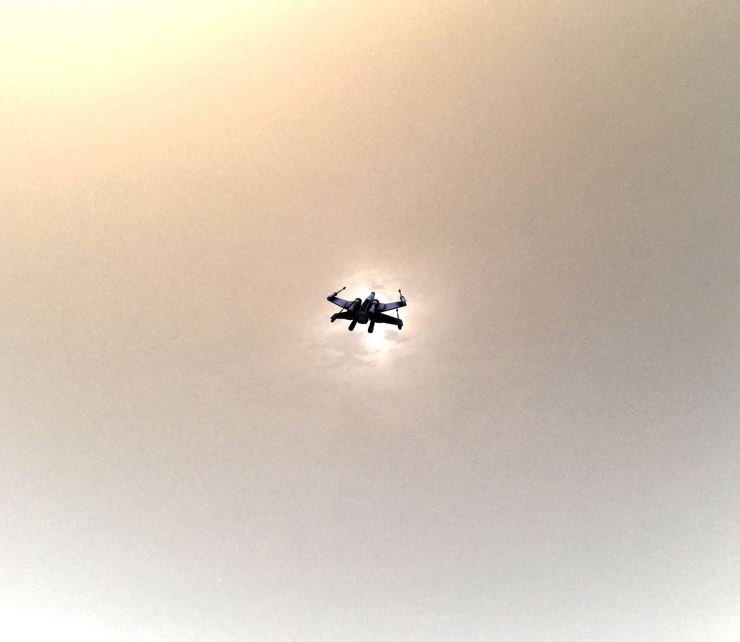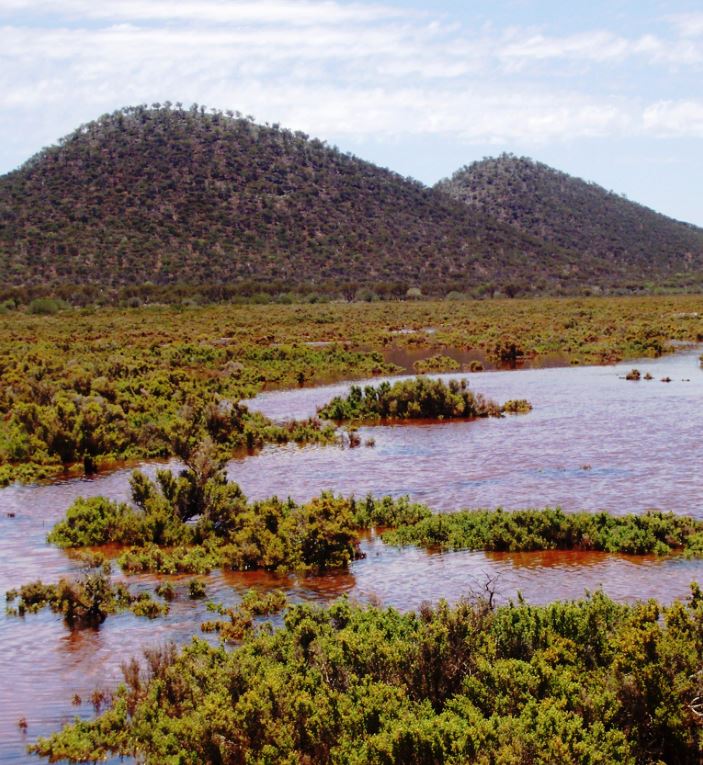
“A Jedi must have the deepest commitment, the most serious mind.” –Yoda
The word courage is derived from the Latin word for heart “cor”. Courage was one of the cardinal virtues of the Stoics. A Roman was measured by not only his courage in the face of combat but also in his response to everyday adversity. A Stoic approached suffering with equanimity and acceptance. The courage shown in the face of uncertainty, pain and death were the only things that truly mattered.
The Jedi also had courage. The rigours of Jedi training, the trial of courage required it in abundance. Without courage a Jedi could not hope to survive the many ordeals that would confront her in a lifetime.
“Courage begins by trusting oneself.” – Moral
Face Fear
I lacked the courage to accept my alcoholism and the damage it had bought to my life and the life of others. Alcoholism made a coward out of me. It removed any willingness and heart to face mistakes and own up to them. I lacked the honesty and courage to accept accountability for my actions. It forced me to avoid or run from my responsibilities. Through the three steps I came to admit my problems, accept responsibility and believe that a Higher Power could restore my sanity and give me all the courage and strength I needed to recover.
Life is suffering. Every day is to face a degree of uncertainty in life. With experience we come to understand that plans and expectations rarely match outcomes. What we hope will transpire is often dashed by reality. We have all heard of “Murphy’s Law”. Expect the unexpected and always at the worst possible time. Life is fraught with unknowns, adversity, trials and challenges not to mention disappointments, failures and tragedies.
It is in the act of getting out of bed and facing the world that we demonstrate a measure of courage. With every heart break and loss that we endure, each disappointment that we accept and all the challenges that we face and overcome we show courage.
“He certainly has courage.” – Princess Leia
Finding Courage
Courage cannot exist without fear. It is perfectly normal to feel fear. Some people are terrified of public speaking. Others find the challenge of leaving the house with trepidation. Many of us will feel fear for reasons we cannot articulate or do not understand. For example, the world is in a state of turmoil. The media bombards us with a constant stream of bad news and despair. Humanity seems to be in a state of chronic fear. The fear is not a tangible thing. It does not exist outside of our mind.
Fear is a normal human response; it is necessary to our survival. Courage is not the absence of fear but being able to act despite those fears. Courage is the person terrified of public speaking who stands in front of a crowd and delivers their speech. It is the person who walks out of their home to face a hostile world. Courage is choosing to face yours fears despite every fibre in your being that screams at you to turn back. Courage is the very essence of being human because without it, humanity could not have survived in a world that was constantly trying to kill it. Fear and courage are brothers.
Ironically Fear has much to do with my recovery as does Faith. Courage does not mean the absence of Fear but the willingness to place faith in our ability to rise above it. I fear a return to alcoholism and suffering but know that faith and courage provides the safe harbour from the storm that rages around me.
“This battle is inevitable. You can stand by your beliefs but let us stand by ours.” – Anakin Skywalker
Courageous
Star Wars is a saga of trials, tragedy, loss, hope, struggle, and redemption. The virtue that pervades the story is courage. Luke Skywalker and Princess Leia are idolised as morally virtuous characters because they repeatedly showed courage in the face of fear and evil . Han Solo despite his faults and shortcomings showed amazing courage and was willing to sacrifice his own safety for the ones he cared for. Each of these characters had their own fears and doubts but they overcame them and did what was needed despite every reason to seek safety and refuge.
“What good is a reward if you ain’t around to use it? Besides, attacking that battle station is not my idea of courage. It’s more like, suicide.” – Han Solo
The “Heroes Journey” is an act of courage. Courage is what differentiates the mere traveller to the hero on the journey of life. One simply follows the path and arriving at challenges and obstacles chooses to turn back, stay put or go around because of fear. The traveller is not necessarily a coward, he simply lacks courage and will stick to what is familiar, safe, and expedient. The Hero on the other hand overcomes his fear by confronting the challenge head on at the expense of what is safe, secure, and expedient. Through that act the Hero is elevated from one level to another.
“The Force may not have a Light or Dark Side, but we do… and we must choose.” – Luke Skywalker
Rising Above
To show courage:
- Choose to act, despite the fear. Answer the call to adventure whatever it might be.
- Follow your heart despite the risks and the naysayers who tell you to abandon your dreams.
- Persevere in the face of adversity, keeping your eye on the prize. Keep going and never give up.
- Stand up for what is right to you. Speak up!
- Face the unknown. Embrace the suck. Eschew comfort and familiarity. Welcome adversity as an opportunity.
- Face suffering with acceptance and equanimity. Say “This too shall pass”. Mean it whatever your concept of Faith.
Through the catharsis of suffering the Hero has gained where the traveler has not. By falling, failing, and then persevering through one challenge after another the Hero lives the virtue of courage. It is through these efforts that the Hero achieves her goals and returns home transformed.
Over the next seven days explore your fears and how you can use courage to overcome them. Remember that reality is divided into the things that we can control versus those that we have partial or no control over. In life you have very little control over the things that are external to you. You do control how you perceive those things which harm you. This is an invitation for you to ask your fears to come out and play.
You know why you are here and why you are here. Your mountain is there in front of you waiting to be conquered. Only fear holds you back. The challenge is on you. Only you can muster the courage to go out and get what you want. Have courage and send your fears packing.



